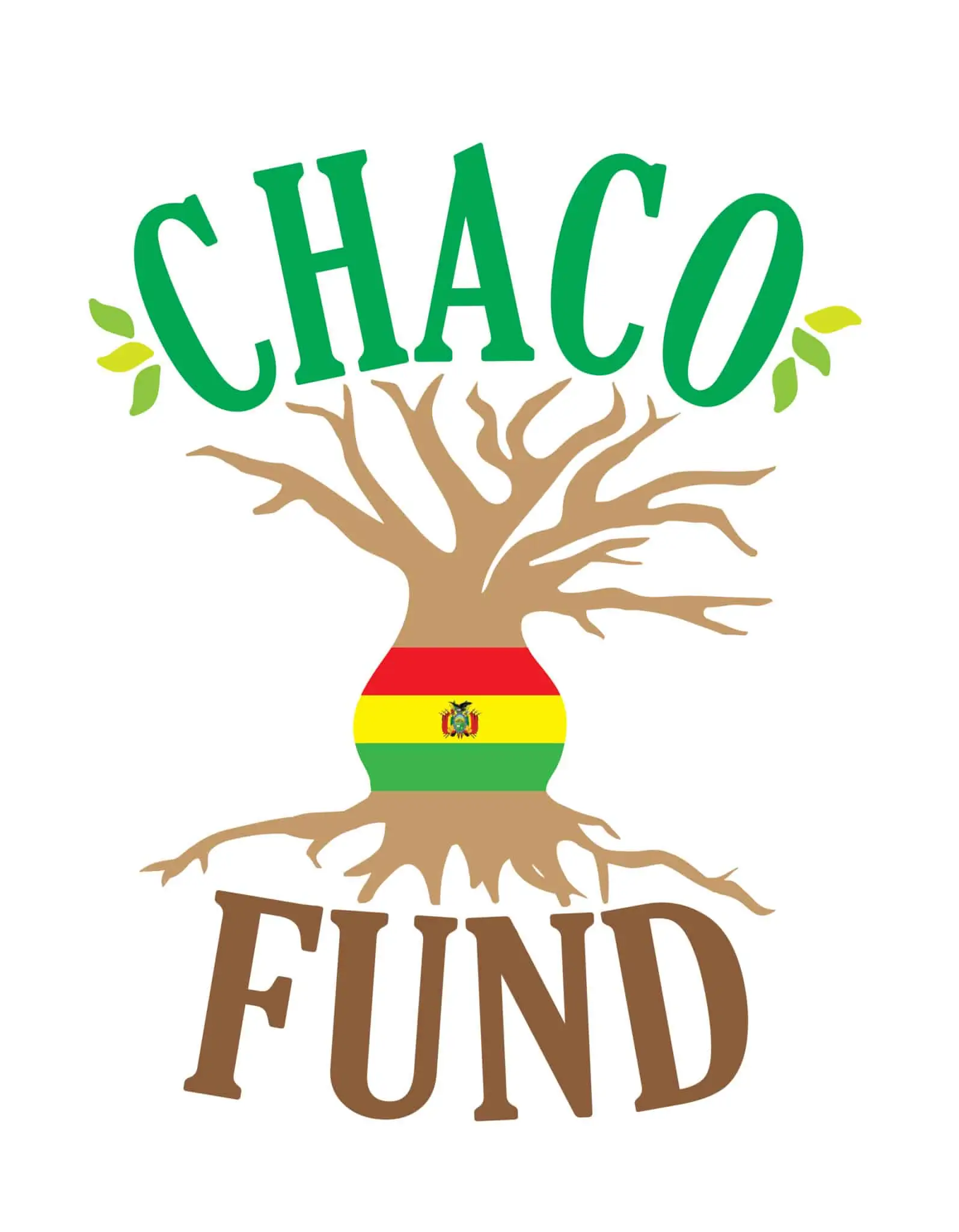We are not all in this together.
Sure, we are all experiencing the common disruption that is COVID-19.
But some are shouldering the burden more heavily than others. One such group is women in Latin America.
Why? Women in Latin America are more likely than men to experience poverty, political under-representation, and barriers to ownership and control of assets. The pandemic is only acting to exacerbate these pre-existing inequalities while presenting novel challenges for women:
Health impacts
By diverting resources for health services, COVID-19 is reducing the provision of sexual and reproductive health care for women, which will likely lead to increases in maternal morbidity, adolescent pregnancy, and sexual disease transmission, as occurred in West Africa during the recent Ebola virus outbreak. Women are also disproportionately exposed to the virus as they comprise the majority of frontline health care workers in the region.
Economic impacts
Women and girls earn less, save less, and hold less secure jobs than men. In Latin American economies, informal and service sector work accounts for the majority of women’s employment, and these sectors have been among those hardest hit by the pandemic. In fact, lost labor income is expected to result in a 50 point increase in relative poverty for informal workers in middle and low income countries. On top of this, lack of unemployment benefits in Latin America mean added vulnerability for women who lose their jobs.
Gender-based violence
One in three women in Latin America was affected by domestic violence before COVID-19. Since the pandemic began, incidences of domestic violence have increased, in some cases doubling, due to restrictions in personal freedoms and reductions in domestic violence services. Financial stressors may simultaneously increase gender-based violence and decrease possibilities for women to leave abusive situations.
Unpaid care work
Globally, women do three times as much unpaid work as men. In Latin America, the value of unpaid work is estimated to represent 15-25% of GDP, with women in rural areas doing more unpaid work than their male counterparts and both men and women in urban areas. With schools closed and non-COVID-19 related health and social services scaling back, families are providing greater support to children and family members suffering other illnesses. This workload is falling primarily on women, not only because of the existing structure of the workforce but also because of social norms.
We are increasingly recognizing that the effects of this pandemic will be widespread and long-lasting. In Latin America, large segments of the population are vulnerable. Therefore, recovery efforts must not only address the present crisis but also create conditions for a more equal world that is more resilient to future crises. To do so, they must target women and girls in order to build on years of gains in gender equality. These gains include: improvements in women’s education and health, more and better employment opportunities, removal of barriers to women’s ownership and control of assets, and expansion of women’s representation, voice and agency. Here are a few keys:
- Continue provisions for standard health services, especially sexual and reproductive health care
- Direct economic support to informal workers and women-led businesses
- Consider domestic violence shelters as essential services
- Expand childcare support services
For organizations like The Chaco Fund who are dedicated to addressing systemic gender inequality, we must remain not only vigilant but equipped to tackle new challenges. The struggle has never been more essential.


0 Comments